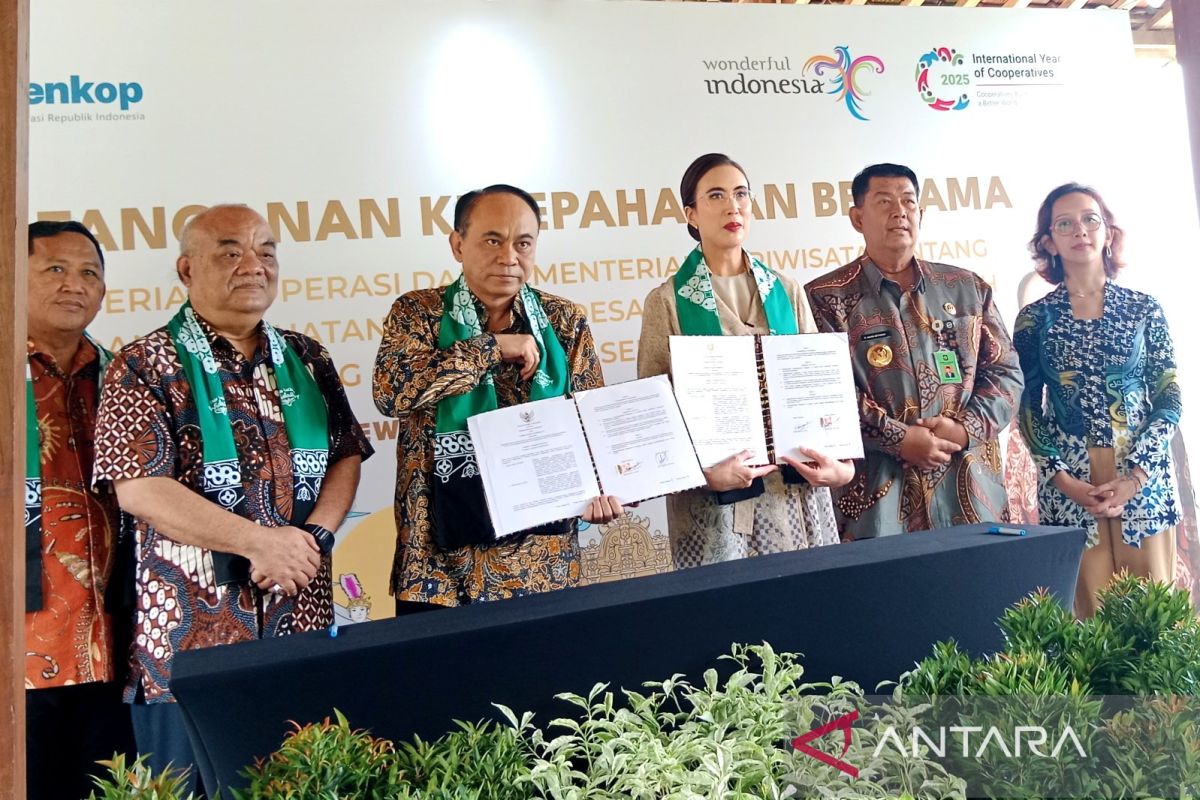From Status Symbol To Silent Killer: The Rise Of Obesity In India

Welcome to your ultimate source for breaking news, trending updates, and in-depth stories from around the world. Whether it's politics, technology, entertainment, sports, or lifestyle, we bring you real-time updates that keep you informed and ahead of the curve.
Our team works tirelessly to ensure you never miss a moment. From the latest developments in global events to the most talked-about topics on social media, our news platform is designed to deliver accurate and timely information, all in one place.
Stay in the know and join thousands of readers who trust us for reliable, up-to-date content. Explore our expertly curated articles and dive deeper into the stories that matter to you. Visit Best Website now and be part of the conversation. Don't miss out on the headlines that shape our world!
Table of Contents
From Status Symbol to Silent Killer: The Rise of Obesity in India
India, a nation once synonymous with images of lean, agile individuals, is grappling with a silent epidemic: rapidly rising obesity rates. What was once perceived as a symbol of prosperity and success is now a significant public health crisis, threatening the well-being of millions and placing a heavy burden on the nation's healthcare system.
The transformation from a predominantly undernourished population to one facing alarming levels of obesity is a complex issue with multifaceted causes. This article delves into the contributing factors, the consequences, and potential solutions to combat this growing concern.
The Shifting Landscape of Indian Diets:
One of the primary drivers of this surge is the dramatic shift in dietary habits. The increasing affordability and availability of processed foods, sugary drinks, and fast food, coupled with a decline in traditional, nutrient-rich diets, have contributed significantly to weight gain. The rise of globalization and westernization has introduced lifestyles characterized by sedentary behavior and high-calorie consumption. This is particularly evident in urban areas, where access to these foods is readily available.
- Processed Foods: High in sodium, sugar, and unhealthy fats, these foods offer little nutritional value and contribute to weight gain.
- Sugary Drinks: The consumption of carbonated beverages and sugary juices is linked to increased obesity rates, particularly among children and adolescents.
- Lack of Physical Activity: Sedentary lifestyles, increasingly common due to urbanization and technological advancements, exacerbate the problem.
Beyond the Plate: Other Contributing Factors:
The rise of obesity in India is not solely a dietary issue. Several other factors contribute to this complex problem:
- Genetic Predisposition: While lifestyle plays a significant role, genetic factors also influence an individual's susceptibility to weight gain.
- Socioeconomic Factors: Lower socioeconomic groups may have limited access to healthy, affordable food options, potentially leading to reliance on cheaper, less nutritious alternatives.
- Lack of Awareness: A lack of awareness regarding healthy eating habits and the long-term consequences of obesity contributes to the problem.
- Stress and Sleep Deprivation: Increased stress levels and inadequate sleep can disrupt hormonal balance, contributing to weight gain.
The Devastating Consequences:
The health consequences of obesity are severe and far-reaching. It increases the risk of developing a range of chronic diseases, including:
- Type 2 Diabetes: A leading cause of mortality and morbidity in India.
- Heart Disease: A major killer in India, significantly exacerbated by obesity.
- Certain Cancers: Obesity is linked to an increased risk of several types of cancer.
- Joint Problems: Excess weight puts extra strain on joints, leading to osteoarthritis and other problems.
- Mental Health Issues: Obesity can contribute to depression, anxiety, and low self-esteem.
Combating the Crisis: Potential Solutions:
Addressing the obesity crisis in India requires a multi-pronged approach involving government initiatives, public awareness campaigns, and individual responsibility:
- Promoting Healthy Diets: Government policies should encourage the consumption of whole grains, fruits, vegetables, and legumes, while regulating the marketing and sale of unhealthy processed foods.
- Encouraging Physical Activity: Investing in public parks, recreational facilities, and promoting active transportation can encourage physical activity.
- Public Awareness Campaigns: Raising awareness about healthy lifestyles, nutrition, and the dangers of obesity is crucial.
- Improved Healthcare Access: Providing access to affordable and quality healthcare services for obesity management is essential.
The Road Ahead:
The battle against obesity in India requires a collaborative effort. By addressing the underlying causes, promoting healthy lifestyles, and fostering public awareness, India can hope to mitigate this escalating public health threat and build a healthier future for its citizens. This requires sustained commitment from individuals, healthcare professionals, policymakers, and the community at large. The time to act is now, before the silent killer claims more lives. Learn more about healthy eating and weight management by visiting the [link to a reputable health organization's website].

Thank you for visiting our website, your trusted source for the latest updates and in-depth coverage on From Status Symbol To Silent Killer: The Rise Of Obesity In India. We're committed to keeping you informed with timely and accurate information to meet your curiosity and needs.
If you have any questions, suggestions, or feedback, we'd love to hear from you. Your insights are valuable to us and help us improve to serve you better. Feel free to reach out through our contact page.
Don't forget to bookmark our website and check back regularly for the latest headlines and trending topics. See you next time, and thank you for being part of our growing community!
Featured Posts
-
 Sinopsis Film Out Of Death Bruce Willis Dalam Perburuan Koruptor
Apr 15, 2025
Sinopsis Film Out Of Death Bruce Willis Dalam Perburuan Koruptor
Apr 15, 2025 -
 Kontroversi Reza Arap Dan Marapthon Benarkah Hanya Mengemis Online
Apr 15, 2025
Kontroversi Reza Arap Dan Marapthon Benarkah Hanya Mengemis Online
Apr 15, 2025 -
 Pendaki Ilegal Merapi Anggota Mapala Btngm Terbitkan Edaran Nasional
Apr 15, 2025
Pendaki Ilegal Merapi Anggota Mapala Btngm Terbitkan Edaran Nasional
Apr 15, 2025 -
 Sugar Daddy Vision Releases First Look Viu Collaboration Announced
Apr 15, 2025
Sugar Daddy Vision Releases First Look Viu Collaboration Announced
Apr 15, 2025 -
 Kecaman Keras Netanyahu Ratusan Tentara Israel Minta Perang Dihentikan
Apr 15, 2025
Kecaman Keras Netanyahu Ratusan Tentara Israel Minta Perang Dihentikan
Apr 15, 2025
Latest Posts
-
 Jose Peseiro Under Pressure Egypt Job On The Line
May 10, 2025
Jose Peseiro Under Pressure Egypt Job On The Line
May 10, 2025 -
 Starmers Welfare Cuts Spark Labour Party Revolt
May 10, 2025
Starmers Welfare Cuts Spark Labour Party Revolt
May 10, 2025 -
 Labour Mps Rebel Against Starmers Austerity Measures
May 10, 2025
Labour Mps Rebel Against Starmers Austerity Measures
May 10, 2025 -
 Video Menko Zulhas Ungkap Strategi Pembentukan Kopdes
May 10, 2025
Video Menko Zulhas Ungkap Strategi Pembentukan Kopdes
May 10, 2025 -
 Jennifer Aniston Stalker Charged After Reportedly Crashing Into Her Home
May 10, 2025
Jennifer Aniston Stalker Charged After Reportedly Crashing Into Her Home
May 10, 2025 -
 Bargain Hunt Art Dealer Ochuko Ojiri Terror Charges Filed
May 10, 2025
Bargain Hunt Art Dealer Ochuko Ojiri Terror Charges Filed
May 10, 2025 -
 Bioskop Trans Tv 9 Mei 2025 Saksikan Kisah Nyata Jelang Akhir Pekan
May 10, 2025
Bioskop Trans Tv 9 Mei 2025 Saksikan Kisah Nyata Jelang Akhir Pekan
May 10, 2025 -
 Perangi Tengkulak Dan Rentenir Menko Zulhas Promosikan Kopdes
May 10, 2025
Perangi Tengkulak Dan Rentenir Menko Zulhas Promosikan Kopdes
May 10, 2025 -
 Sinergi Kemenkop Dan Kemenpar Kopdes Sebagai Penggerak Pariwisata Indonesia
May 10, 2025
Sinergi Kemenkop Dan Kemenpar Kopdes Sebagai Penggerak Pariwisata Indonesia
May 10, 2025 -
 Andreeva Triumphs Italian Open Third Round Spot Confirmed
May 10, 2025
Andreeva Triumphs Italian Open Third Round Spot Confirmed
May 10, 2025
